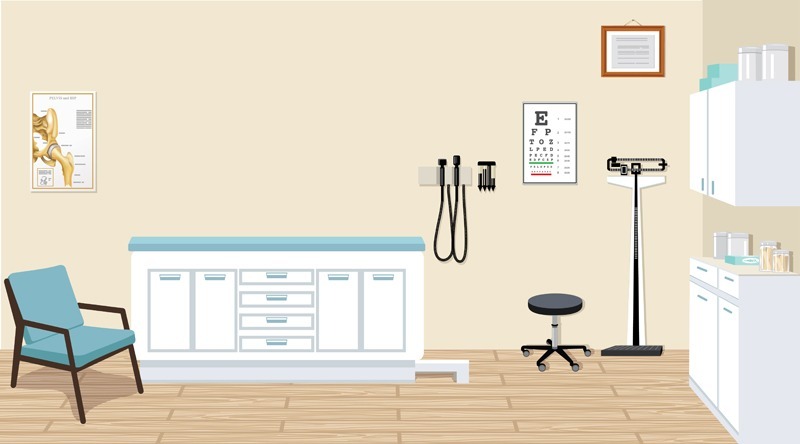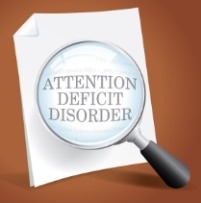Posts Tagged ‘DSM-V’
Study: Rates of ADHD diagnosis and medication treatment continue to increase substantially
— Beginning in about 1990, substantial increases in the rates of ADHD diagnosis and medical treatment were found in several nationally representative samples of US physician office visits. For example, between 1995–96 and 2007-08, the number of office visits at which an ADHD diagnosis was made increased by over 400% in adults — from 3.1…
Read MoreStudy finds large gaps between research and practice in ADHD diagnosis and treatment
— Most children with ADHD receive their care from community-based pediatricians. Given the large number of school-age children who require evaluation and treatment services for ADHD, and the adverse impact that poor quality care can have on children’s development, it is important for children to routinely receive care in the community that is consistent with…
Read MoreSensible and perplexing changes in ADHD diagnostic criteria (DSM‑V)
The American Psychiatric Association recently published DSM‑V, the first major revision to the diagnostic manual for psychiatric disorders since 1994. In DSM‑V, ADHD is included in the section on Neurodevelopmental Disorders, rather than being grouped with the disruptive behavior disorders, i.e., Oppositional Defiant Disorder and Conduct Disorder. This change better reflects the way ADHD is…
Read MoreRethinking the Classification of Mental Illness
The new Diagnostic and Statistical Manual of Mental Disorders (DSM‑5) is scheduled to be released in May 2013. This recent Dana Foundation article points out the need of a fundamentally different approach based on the new ways researchers use to study and understand mental illness. The problem with the DSM-IV, our current shared diagnostic language,…
Read MoreShall we question the brand new book of human troubles
With three years still left until publication, the fights over the new version of the psychiatric diagnostic manual, the DSM‑V, are hotting up and The New York Times has a concise article that covers most of the main point of contention. — “What you have in the end, Mr. Shorter said, “is this process of…
Read More



